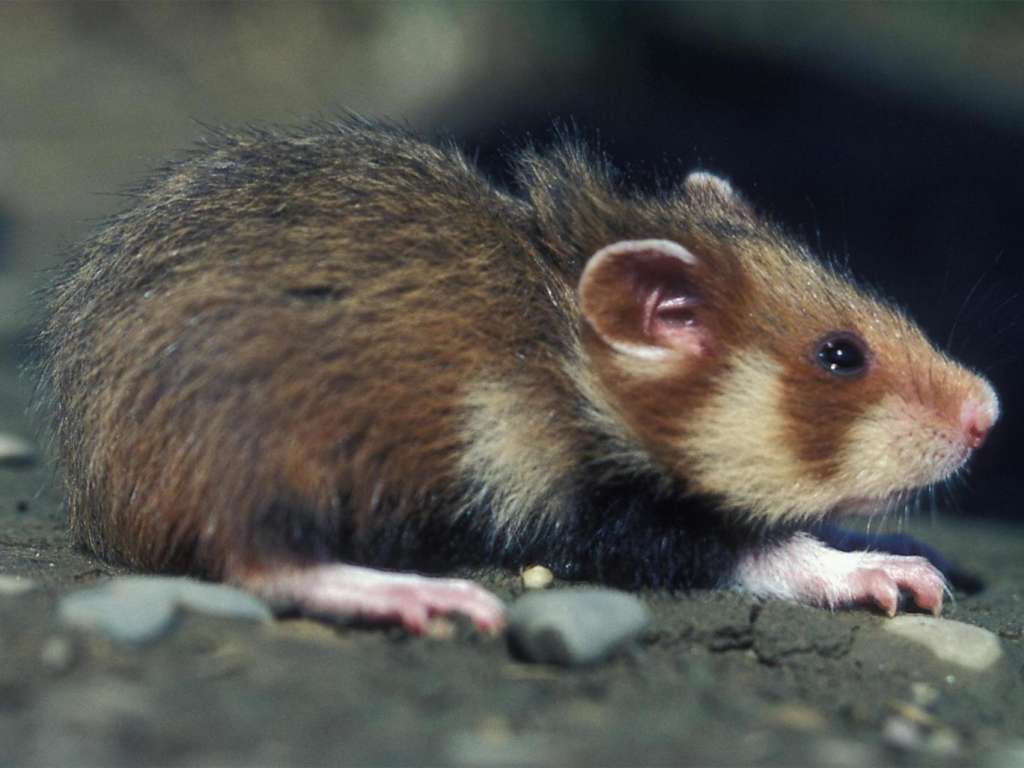Moscow- Russian scientists from the universities of St. Petersburg and Tomsk discovered new species of rodents that belong to mammals that existed on earth 145 million years ago.
According to Novosti Agency, a team of scientists discovered the remnants of the animal during a joint expedition to Siberia. The newfound species is basically an ancient ancestor of modern rodents which resembles a hamster or a rat.
Scientists said that this animal should have lived in the Jurassic period, more than 145 million years ago, but its remains were found in sediments dating back to the beginning of the Cretaceous period (100 to 125 million years).
Scientists believe that the “ancient hamster” could be one of the prehistoric progenitors of all herbivorous mammals.
The team made the new discovery in a rural area that can only be reached in Kayak boats. Therefore, scientists named the newly discovered animal “the kayak hero”. They said the animal had survived hard conditions and cohabited with huge creatures like dinosaurs.
Scientists believe that a type of venom found in the rodent’s claws had helped it survive under the hard conditions. Professor of St. Petersburg State University Pavel Skucas said: “We have discovered a very primitive animal that represents a new group which must have lived in the Jurassic period (145 million years ago), and found him in the sediments of the beginning of the Cretaceous period (100 to 125 million years).”
The finding confirmed that for over 40 million years Western Siberia was in a state of evolutionary stagnation, during which mammals and amphibians did not witness any transformations.
